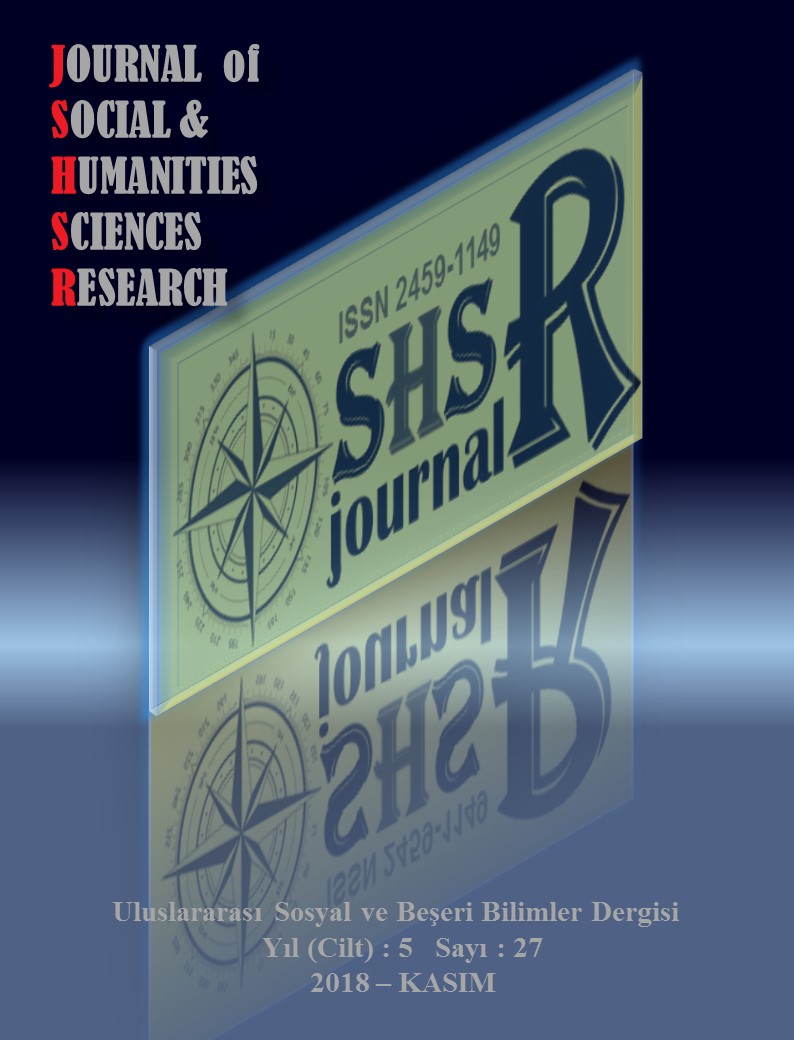THE INVESTIGATION OF THE EFFECTS OF UNIVERSITY STUDENTS ON THE PSCHOLOGICAL WELL BEINNG LEVELS OF HUMDITY STYLES
DOI:
https://doi.org/10.26450/jshsr.689Keywords:
Humor, Humor Styles, Psychological Well-BeingAbstract
This research was carried out for investigating the relationship between humor styles and psychological well-being of the university students. In this sense, psychological well-being of the university students was discussed in terms of gender and humor styles (participative, self-improving, aggressive, self-destructive). The study was on relational screening model, and the sample of the research included totally 300 students including 145 females and 155 males studying at Ankara, Gazi University in 2016-2017 academic year. Data of the research were collected performing Personal Information Form, Humor Styles Scale, and Psychological Well-Being Scale to the students. In analysis of the data, whether the scores of Psychological Well-Being Scale differed according to their gender or not was analyzed performing Independent Samples t-test. The relationships between psychological well-being level and humor styles were calculated with Pearson Product-Moment Correlation, and multiple regression analysis was used to reveal to what extent humor styles predicted psychological well-being. In the study, when the effect of gender upon psychological well-being was analyzed, it was noticed that there was no significant difference between psychological well-being levels of the female and male students. A positive significant relationship was found between psychological well-being of the individuals and participative, self-improving humor as positive humor styles; and there was a negative significant relationship between psychological well-being and aggressive humor as a negative humor style. Accordingly, it was possible to mention that psychological well-being of the individuals with participative humor and self-improving humor was higher. No significant relationship could be determined between self-destructive humor as another style of negative humor and psychological well-being. In Multiple Regression Analysis, it was concluded that participative, self-improving and aggressive humor styles were significant predictors of psychological well-being. It was noticed that self-destructive humor style had no significant effect upon psychological well-being. The results obtained from the study were interpreted discussing with the results of the previous studies, and some suggestions were offered
Downloads
Published
How to Cite
Issue
Section
License
Copyright (c) 2018 INTERNATIONAL JOURNAL OF SOCIAL HUMANITIES SCIENCES RESEARCH

This work is licensed under a Creative Commons Attribution 4.0 International License.


